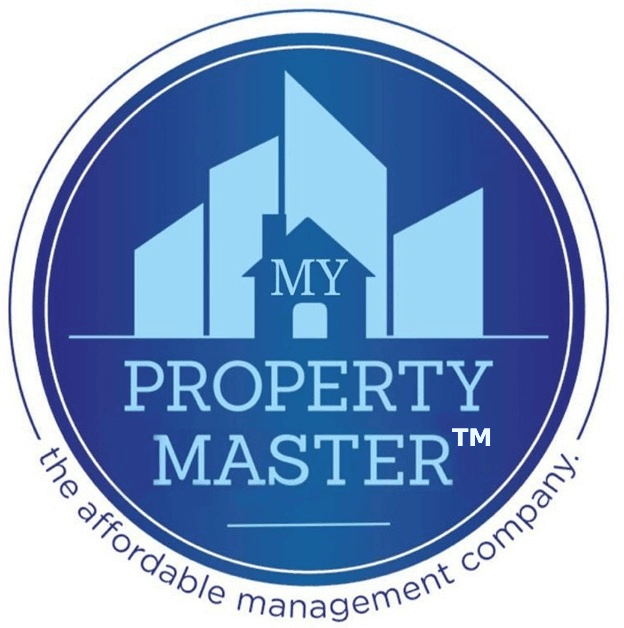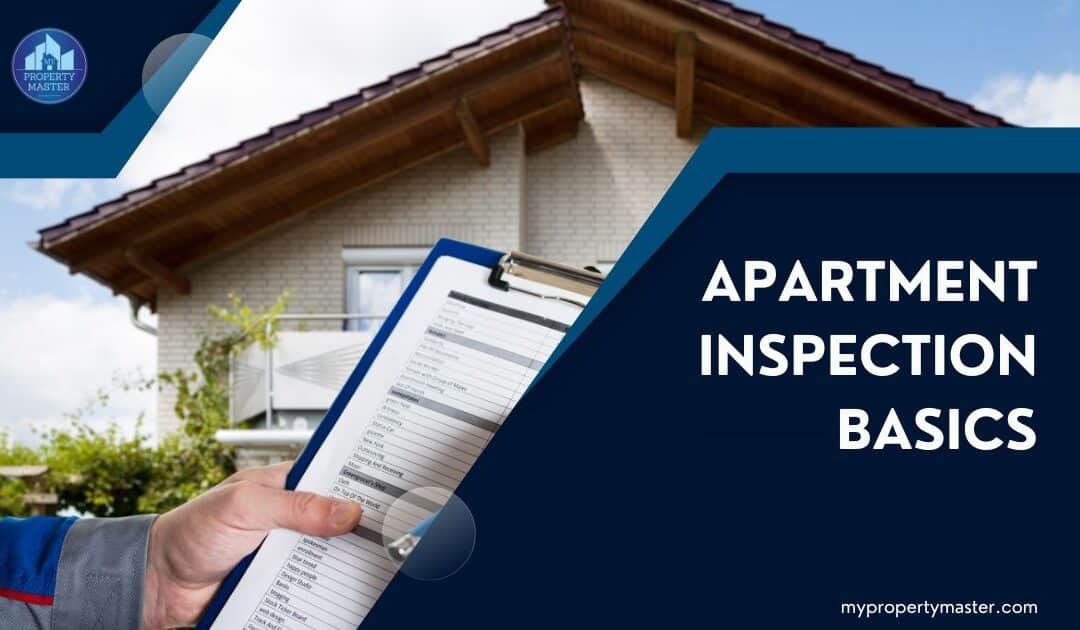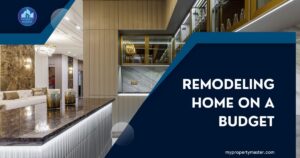An apartment inspection generally takes 30 minutes to 2/3 hours. Regular inspections are essential for property management. It ensures everyone maintains a safe and habitable living environment.
If you’ve ever wondered, “How long does apartment inspection take?” you’re in the right place. In this post, I will delve into the factors influencing the duration of apartment inspections, what to expect during the process, and how landlords and tenants can make it a seamless experience.
Understanding the basics
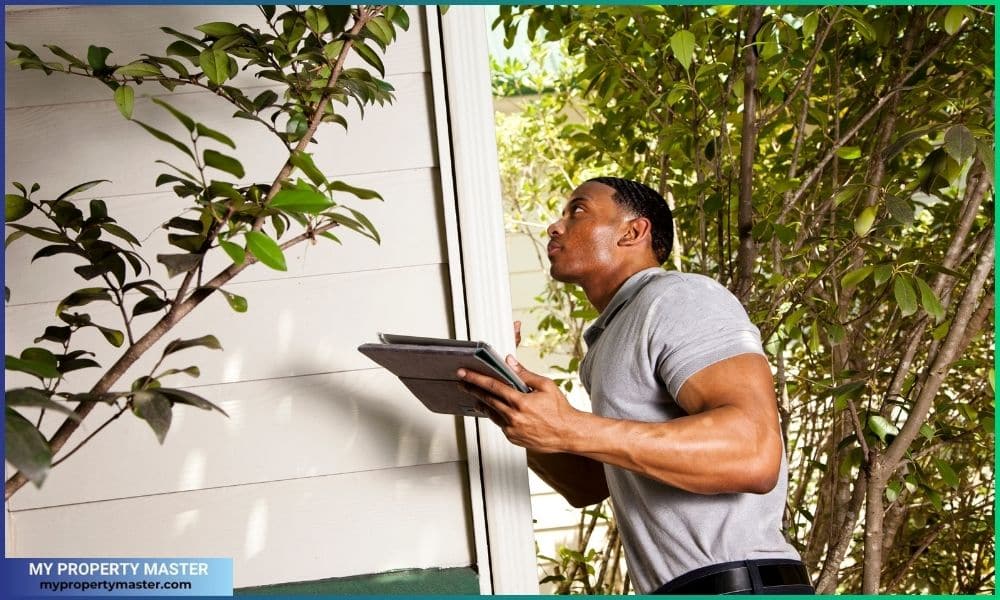
A routine apartment inspection can take 30 minutes to a few hours. This inspection can vary in duration based on factors such as the unit’s size, the inspection’s scope, and the process’s efficiency.
Factors influencing inspection time
Different factors can affect the duration.
Apartment size
The size of an apartment significantly influences inspection time. Larger units naturally demand more time for a comprehensive inspection, allowing thorough scrutiny of all areas.
Conversely, compact, well-maintained apartments typically result in shorter inspection durations.
The scale of the living space directly impacts the inspector’s ability to assess various aspects, emphasizing the importance of considering apartment size when estimating the time needed for an inspection.
Read also: 11 essential insides of managing rental properties for landlords
Scope of inspection
Annual inspections offer a holistic examination, delving into various aspects of the property’s condition, ensuring a comprehensive overview. This thoroughness addresses immediate concerns and aids in long-term maintenance planning.
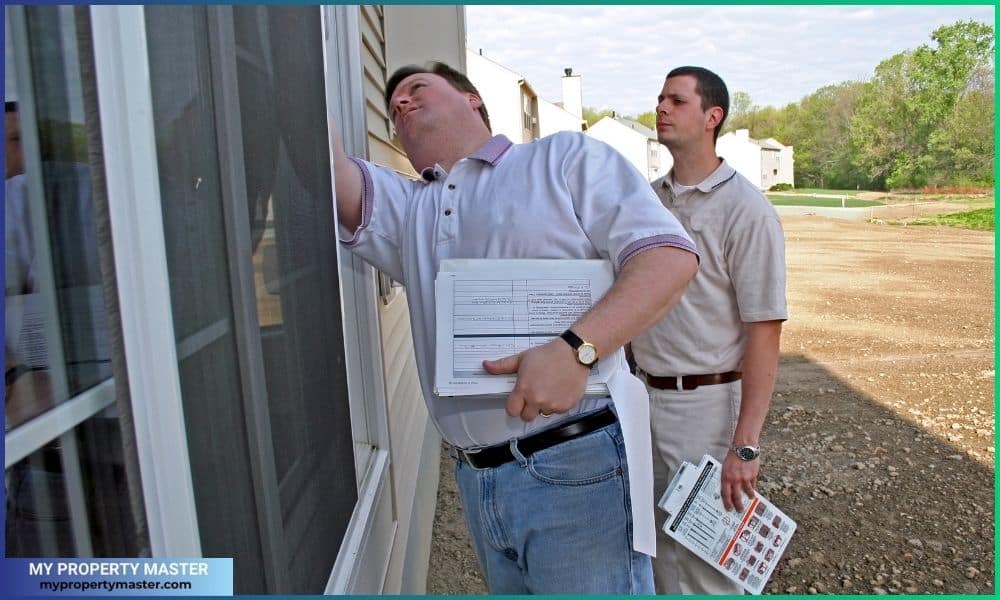
On the flip side, inspections driven by specific purposes, such as insurance assessments, are more focused, potentially resulting in quicker evaluations.
While annual inspections prioritize a thorough understanding of the property’s overall health, targeted assessments serve as efficient snapshots, catering to specific needs. Striking a balance between these approaches can optimize property management strategies based on distinct inspection objectives.
Read also: What rights do tenants have without a lease?
Preparation by tenants
Tenant proactiveness in addressing maintenance issues plays a pivotal role in the efficiency of the inspection process. When tenants take the initiative to resolve or report concerns beforehand, inspectors can swiftly navigate the assessment, expediting the overall inspection.
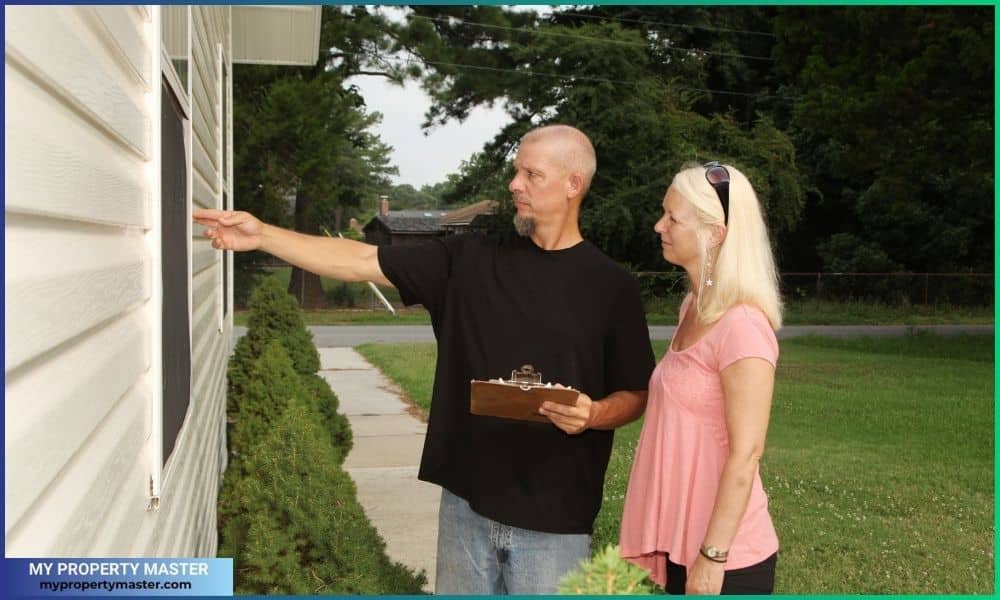
Conversely, poorly maintained apartments contribute to extended inspection times. Inspectors must meticulously document and evaluate issues, and the lack of tenant preparation for common maintenance problems could result in a more time-consuming process.
Tenant cooperation and a proactive approach to upkeep benefit the living conditions and streamline property inspections, facilitating smoother communication between tenants and property management.
Read also: Does a landlord have to provide fire extinguishers?
What happens during an apartment inspection?
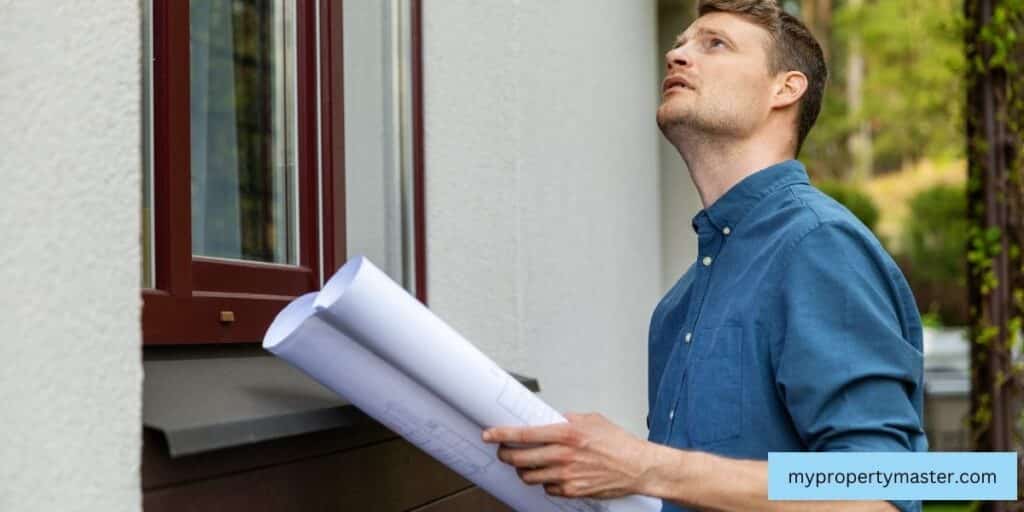
- Visual Inspection: The inspector assesses the overall condition of the apartment, checking for visible damages or needed repairs.
- Appliance and System Checks: Appliances, plumbing, electrical systems, and HVAC units are examined for functionality and safety.
- Documentation of Issues: The inspector documents any discovered issues and notes recommendations for repairs or improvements.
- Tenant Communication: Tenants may be informed of immediate concerns or maintenance tasks during the inspection.
Read also: How do you find out who is renting a property?
How do we make the inspection process efficient?

Property inspections are one of our regular tasks as a property management company.
We prioritize effective communication and collaboration between tenants and our property management team to make the inspection process efficient.
We encourage proactive tenant involvement by requesting that they address minor maintenance issues before inspections. Clear communication regarding the purpose and expectations of the inspection is crucial. We schedule appointments to ensure both parties are prepared, minimizing wait times.
Additionally, our inspectors are trained to conduct focused yet thorough assessments, tailoring inspections to specific needs when necessary. Our strategy revolves around fostering a cooperative environment and streamlining the inspection process to benefit tenants, landlords, and our property management company.
Read also: 11 Essential things that landlords must know before selling a house
Frequently asked questions
A routine inspection is a scheduled property examination conducted periodically to assess its overall condition. It is a proactive measure for landlords to identify issues before they escalate. During such inspections, landlords or property managers examine key areas, ensuring everything is in good condition. Routine inspections are indispensable for maintaining property value and tenant satisfaction. For instance, inspecting plumbing and electrical systems can prevent major issues, foster a harmonious landlord-tenant relationship, and preserve the property’s integrity. These inspections exemplify our commitment to proactive property management and tenant well-being.
Apartment inspections are typically conducted annually as part of routine maintenance. Additionally, landlords may schedule inspections during tenant turnover, before lease renewals, or in response to specific concerns. Regular assessments help ensure the property’s condition, tenant compliance with lease agreements, and the overall well-being of the living environment.
Conclusion
The duration of an apartment inspection can vary based on multiple factors. Understanding these factors and promoting collaboration between landlords and tenants can contribute to a smoother and more efficient inspection process.
Remember, communication is key, and a well-prepared inspection benefits everyone involved in property management.
